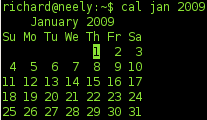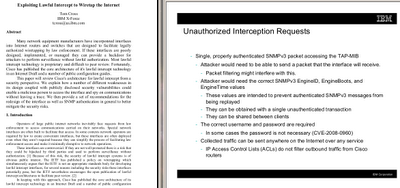National Security Strategy is Empty on "Cyberspace"

The new National Security Strategy (.pdf) says the following about "cyberspace": Secure Cyberspace Cybersecurity threats represent one of the most serious national security, public safety, and economic challenges we face as a nation. The very technologies that empower us to lead and create also empower those who would disrupt and destroy. They enable our military superiority, but our unclassified government networks are constantly probed by intruders. Our daily lives and public safety depend on power and electric grids, but potential adversaries could use cyber vulnerabilities to disrupt them on a massive scale. The Internet and e-commerce are keys to our economic competitiveness, but cyber criminals have cost companies and consumers hundreds of millions of dollars and valuable intellectual property. The threats we face range from individual criminal hackers to organized criminal groups, from terrorist networks to advanced nation states. Defending against these threats to ou...






